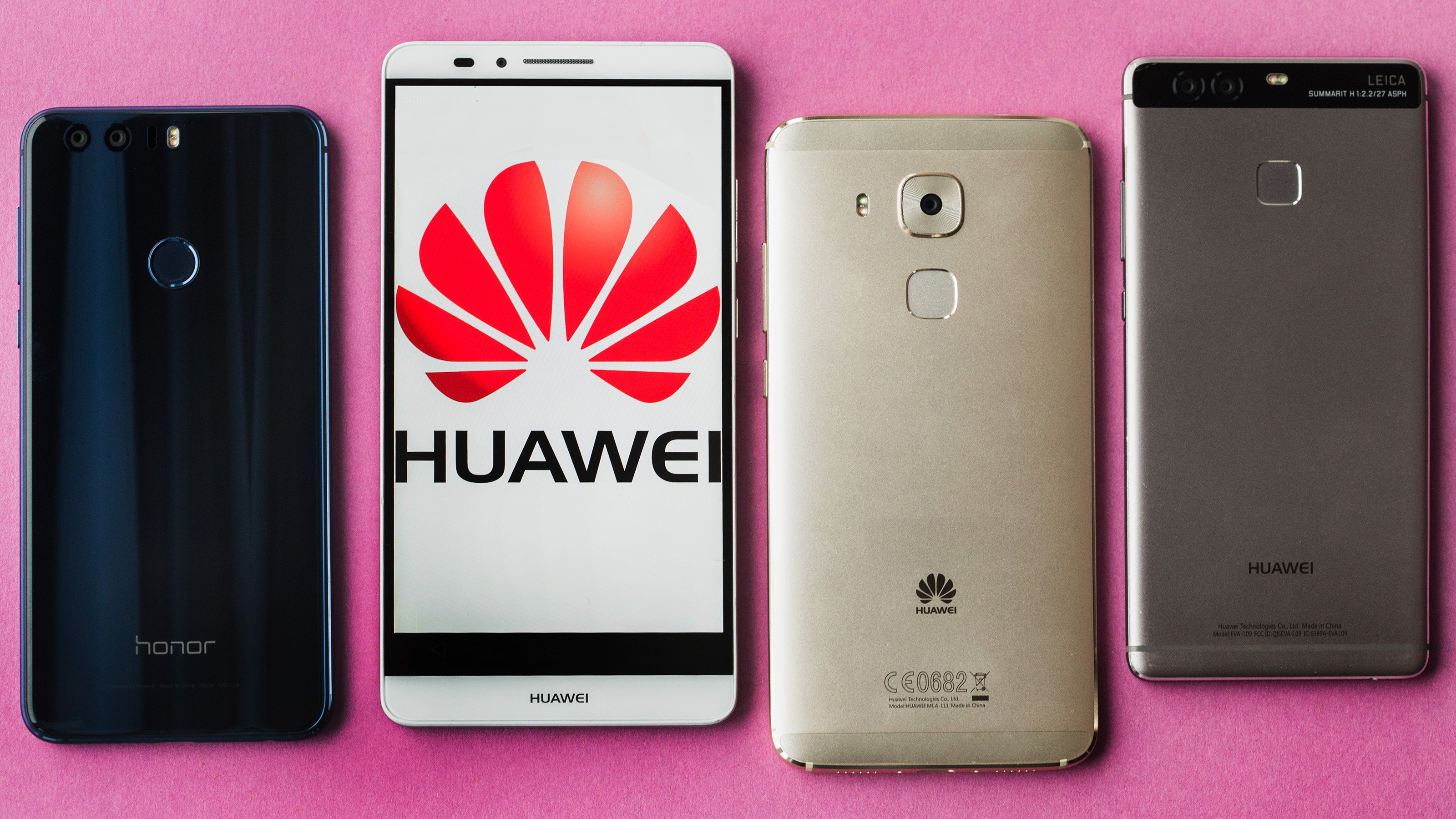
With the War on Terror officially on the back burner, Russia and China have once again become the United States’ preferred “rivals,” being the superpowers in competition with America for world dominance. President Donald Trump himself made it official during his first speech on national security strategy last Dec. 18: “Russia and China seek to make the economy less free and less fair, to strengthen their military power, to control information and data in order to oppress their people and expand their influence,” affirmed The Donald, postponing, at least partially, his election campaign’s isolationist ambitions.*
This is a war fought chiefly by cyberattacks, as was explained by six intelligence agency directors during a public Senate hearing. They officially advised American consumers against using smartphones from Chinese producers Huawei and Zte. In fact, according to U.S. intelligence, Chinese-made smartphones may be used by Beijing for espionage activity and are therefore unsafe.
The US War on Chinese Smartphones
Chinese smartphones are largely produced by Huawei, one of Apple’s main rivals. Worries about their potential threat were expressed on Tuesday during a hearing before the Senate Intelligence Committee. The heads of six intelligence agencies testified: Christopher Wray from the FBI, Mike Pompeo from the CIA, Michael Rogers from the NSA; Dan Coats, Director of National Intelligence; Robert Ashley, head of the Defense Intelligence Agency, and Robert Cardillo, head of the National Geospatial-Intelligence Agency.
The United States fears that China wants to replace it as “the most powerful and influential nation on Earth.” One of the methods Beijing could use to undercut Washington’s supremacy, according to American intelligence, could be to flood the U.S. market with their smartphones. “The focus of my concern today is China, and specifically Chinese telecoms like Huawei and ZTE Corp., which have extraordinary ties to the Chinese government,” said Richard Burr, chairman of the Senate Intelligence Committee.
The 6 Intelligence Chiefs against Beijing
All the directors of the American intelligence agencies have fully supported Burr’s thesis. “We’re deeply concerned about the risks of allowing any company or entity that is beholden to foreign governments that don’t share our values to gain positions of power inside our telecommunications networks,” noted Wray, FBI director. “That provides the capacity to exert pressure or control over our telecommunications infrastructure … and provide the capacity to conduct undetected espionage,” added NSA Director Adm. Rogers. “This is a challenge I think that is only going to increase, not lessen over time for us. You need to look long and hard at companies like this,” he continued.**
Huawei and Its Failed Entry into the US Market
In an official memo, Huawei stressed that it will “monitor developments in Congress,” but did not directly comment on the intelligence committee hearing. The Chinese company has pointed out their dominant position in many markets outside the United States, such as Central and Eastern Europe, where their phones surpass Apple. “Huawei is trusted by governments and customers in 170 countries worldwide and poses no greater cybersecurity risk than any other supplier,” stated Huawei.
In January, according to Reuters, lawmakers in Congress lobbied against AT&T, Inc., exhorting the company to cut its business ties with Huawei, and to oppose plans by the telephone operator China Mobile, Ltd. to enter the U.S. market. As a result of heavy government pressure, AT&T was forced to reconsider its plans and partnership with the Chinese companies, which have not yet managed to penetrate the American market.
*Translator’s note: The transcript of that speech appears to show that this translated quote is a greatly elaborated version of Trump’s remarks as scripted.
** Translator’s note: The first part of the Rogers quote was actually spoken by Wray.

Leave a Reply
You must be logged in to post a comment.